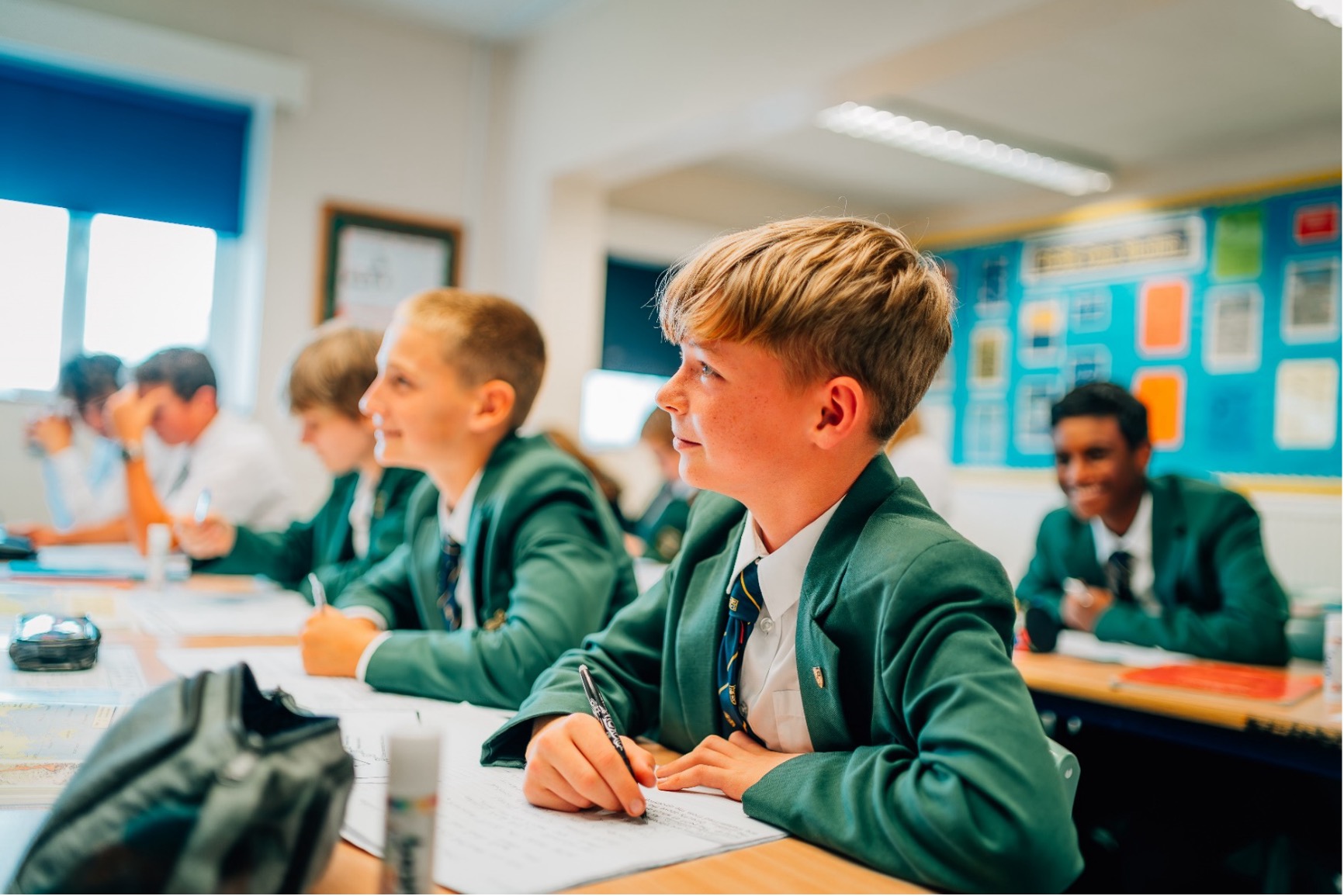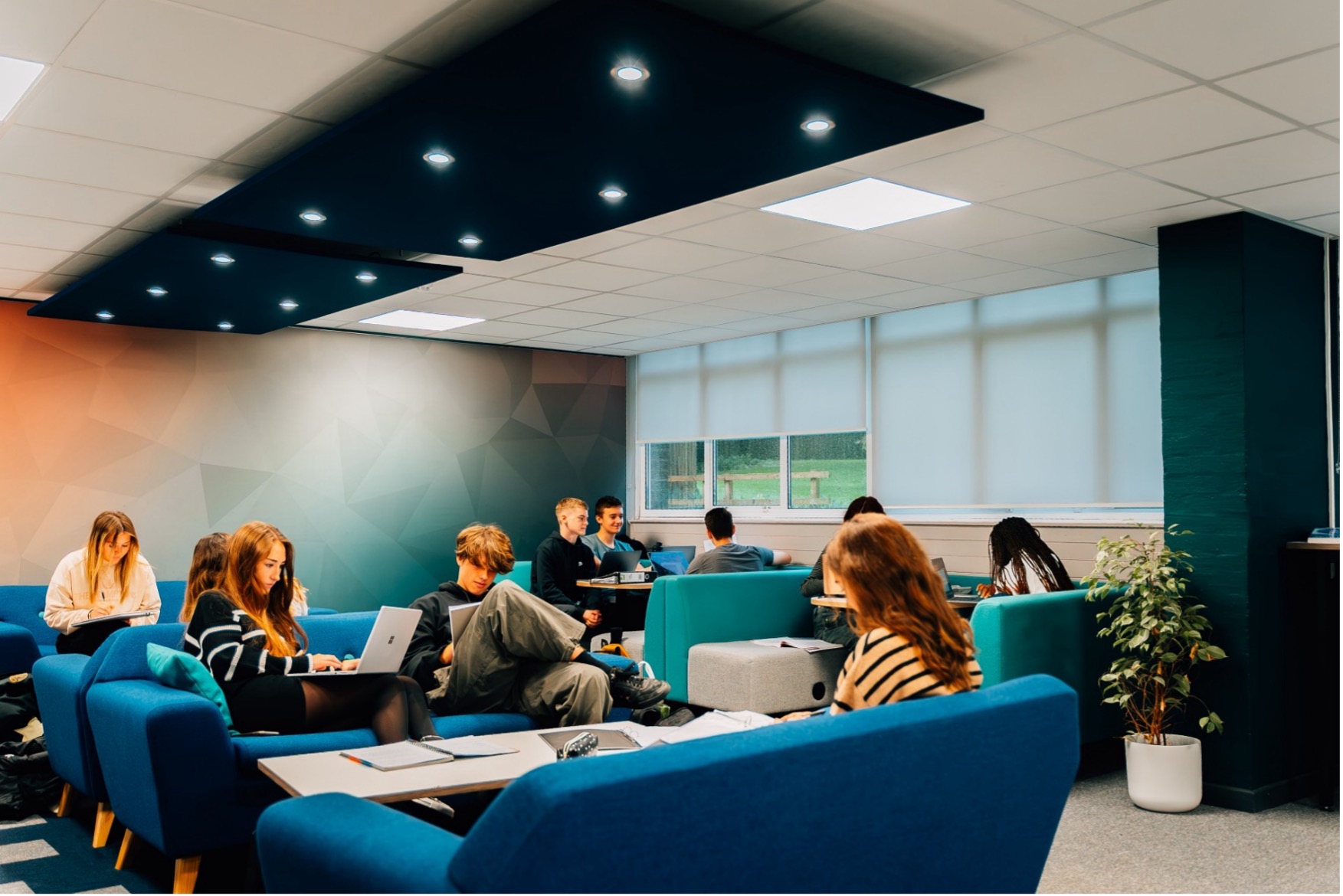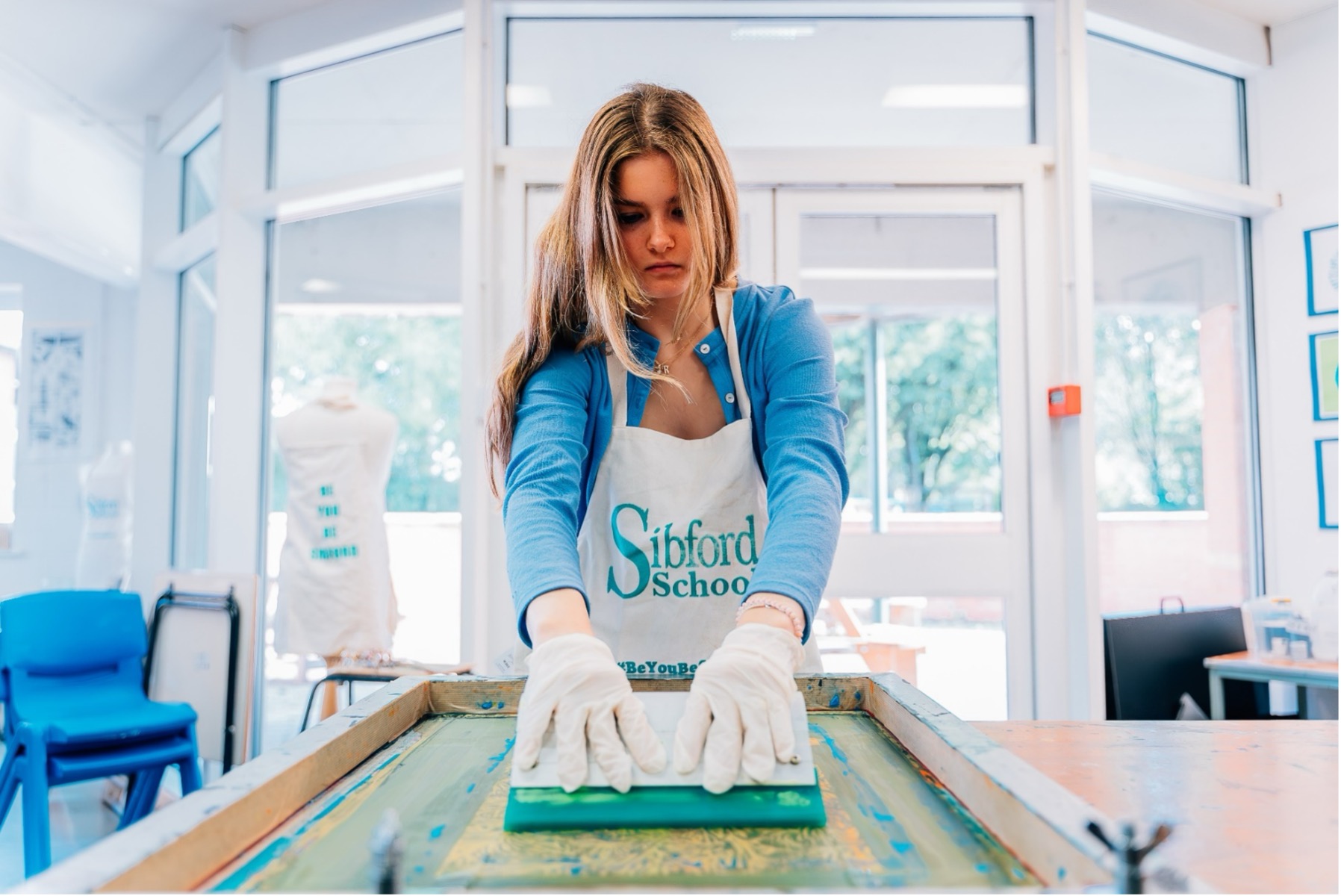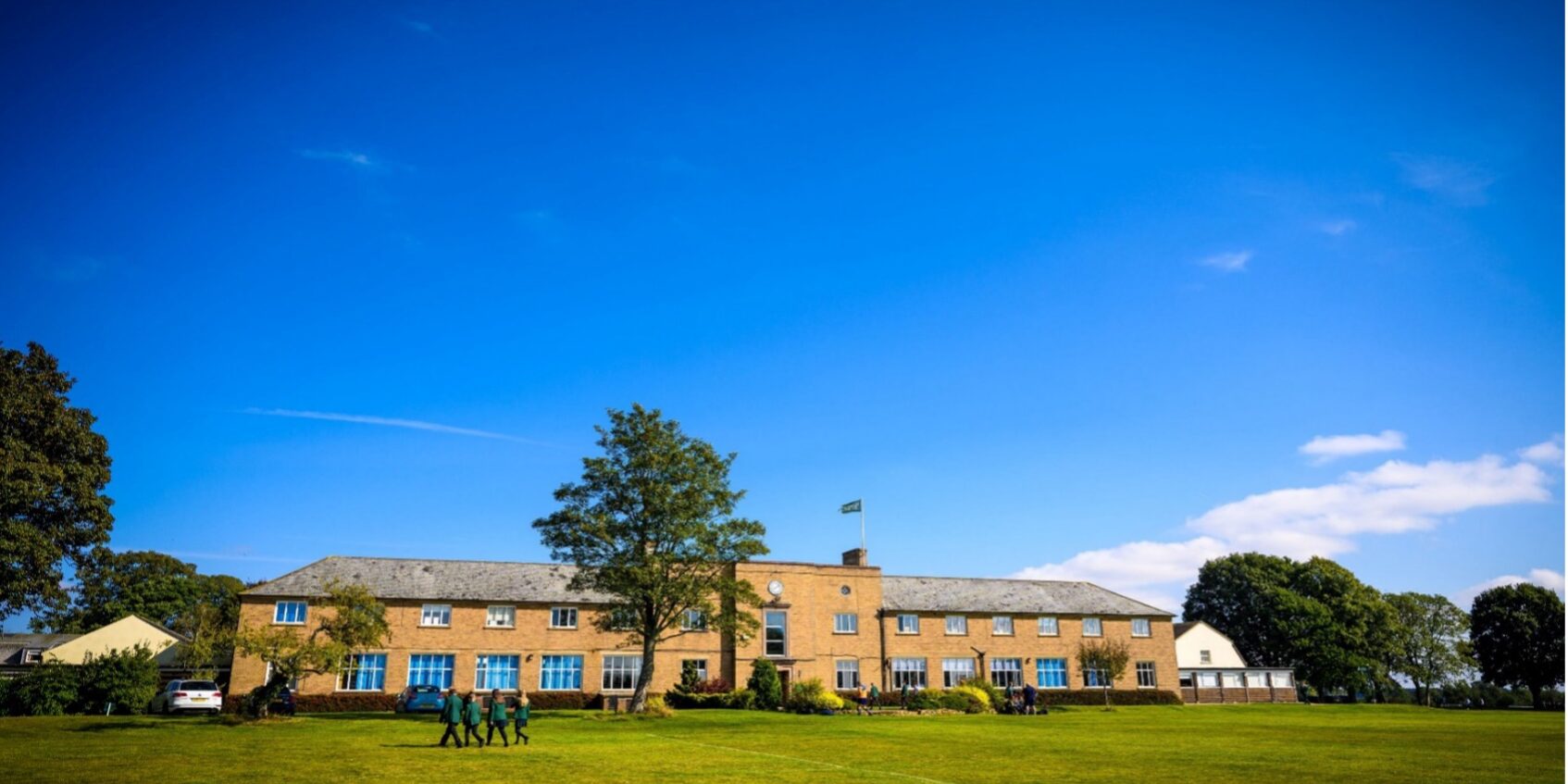Background and Overview:
Sibford School, established in 1842, is a non-selective, co-educational independent institution for students ages 3 to 18. Originally founded for Quaker families, the school now welcomes all while retaining its Quaker ethos of “seeking that of God in everyone.” The school’s guiding principles, derived from Quaker beliefs, focus on respect, integrity, simplicity, equality, peace, truth, and sustainability. In keeping with Quaker tradition, teachers are addressed by their forenames and surnames rather than the usual Mr. and Miss, with surnames often dropped in higher grades
The school hosts 440 students across Reception, Junior, and Senior school faculties, including 62 in the Sixth Form. Both the Junior School and Sixth Form enjoy the range of facilities available on 50-acre campus. Class sizes are intentionally small, maximum 15-18 students. This allows individualised attention and fosters an inclusive, nurturing environment. Sibford truly excels in providing a vibrant and enriching extracurricular program, boasting an impressive array of over 90 clubs and activities with the facilities to cater for this.
Location:
Nestled in the heart of the picturesque Oxfordshire countryside, the school is close to major airports—Heathrow, Gatwick, and Birmingham—just over an hour’s drive from Heathrow Airport. The school is conveniently situated 55 minutes by train from London. It is also handy to know that Sibford will arrange collection and drop-off from Banbury train station, located just 10 miles from the campus.
Leadership and Curriculum:
Rebecca Evans, who took on the role of head in September 2023, is just the 12th leader in the school’s 177-year history. Her appointment involved students’ participation, and parents recognise her kindness, empathy, and dedication. Under her dynamic leadership, the senior management team has not only grown stronger but has also been revitalized with fresh teaching talent.
Sibford’s educational approach emphasizes anxiety-free academic learning. They don’t do SATs or teach to age-related expectations. Instead, the school tailors the curriculum to each student’s individual abilities. The transition from junior to senior school is handled with care, with most juniors progressing to the senior school. Year 7 typically comprises an even split of new joiners and those advancing from the junior school.

In the senior school, English, Maths, and Science are taught in ability-based sets. Students can opt for dual award or separate sciences. Language options include French and Spanish, with German available as an extracurricular choice. Year 7 is divided into four teaching groups, averaging 15 pupils each. The smaller cohort encourages broader participation in sports, music, and arts, giving every student the opportunity to excel.
The Sixth Form curriculum is diverse, offering 28 courses, including traditional A-levels and subjects like textiles and product design. BTECs at levels 2 and 3 are available in areas such as business studies, sport, ICT, and media. The school is committed to running courses even with low enrollment numbers. Additionally, students can pursue Extended Project Qualifications (EPQs) for UCAS application credits.

Learning Support and Special Educational Needs:
Approximately 30% of students receive support for various learning needs. The school typically arranges for support during language lessons. For students with autism or other conditions requiring emotional support, the school creates a network of key staff members available throughout the day for immediate assistance. The school also employs two Gifted & Talented coordinators and a Head of Support for Learning. An improved data tracking system has also been implemented to monitor student progress.
Arts and Extracurricular Activities:
Sibford puts great emphasis on creativity and imagination across all disciplines. The music department serves as a vibrant hub, featuring a grand piano, individual practice rooms, and a recording studio. Students can participate in various choirs, orchestras, and bands. The school boasts a well-equipped performance hall with professional lighting and sound systems and a dedicated music building housing an ensemble room and practice spaces. Several senior choirs, string and chamber groups, and a monthly full symphony orchestra rehearsal with the Sibford Community Orchestra are available
Drama is another strong suit, with LAMDA training being particularly popular. The department stages impressive annual musicals. Food and nutrition, as well as design technology, are also favored subjects among students.
The art department is a point of pride, featuring separate studios for painting, textiles, ceramics, and sculpture, plus a dedicated Sixth Form art studio. The design technology suite is equally impressive in scale.

Sibford offers a wide range of before-school, lunchtime, after-school, and evening clubs. Activities include climbing, sailing, horse riding, golf, and swimming. The school also organizes various talks and trips, including an annual ski expedition.
Boarding:
From Year 7 onwards, students can opt for full-time, weekly, or flexible boarding arrangements. Two boarding houses are available: Fielding House for weekly and full-time boarders, offering shared twin rooms, and Margaret Fell House for flexible boarders. House Parents live at opposite ends of the boarding houses and get to know their boarders well. Like parents, they stay updated on their academic progress and offer a secure home environment away from the pressures of academic work. They organise a range of cultural activities for evenings and weekends, alongside quiet times for relaxation
Final Thoughts and Parental Perspective:
Sibford School attracts a diverse parent body united by their belief in Quaker values and a desire for their children to be happy, included, and to achieve their potential. Many students come from local primary schools and the state sector, with parents working hard to afford these opportunities for their children.
The school is often described as a hidden gem, focusing on personal development and academic achievement without the stress of a highly competitive environment. Its rural setting, spacious campus, and high level of pastoral care make it an attractive option for parents seeking a nurturing educational environment. The convenience of a through-school model (from ages 3-18) is particularly appealing to families who prefer a consistent educational journey without the need for multiple transitions
Credit: All photos kindly provided by Sibford School


